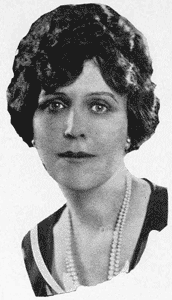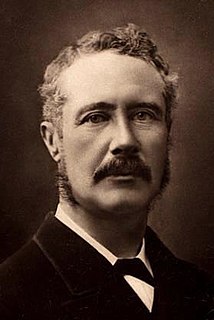A Quote by Christian Nestell Bovee
The life even of a just man is a round of petty frauds; that of a knave a series of greater. We degrade life by our follies and vices, and then complain that the unhappiness which is only their accompaniment is inherent in the constitution of things.
Related Quotes
Life consists not of a series of illustrious actions or elegant enjoyments. The greater part of our time passes in compliance with necessities, in the performance of daily duties, in the removal of small inconveniences, in the procurement of petty pleasures; and we are well or ill at ease, as the main stream of life glides on smoothly, or is ruffled by small obstacles and frequent interruption.
The public realm in America has two roles: it is the dwelling place of our civilization and our civic life, and it is the physical manifestation of the common good. When you degrade the public realm, you will automatically degrade the quality of your civic life and the character of all the enactments of your public life and communal life that take place there.
They who have no central purpose in their life fall an easy prey to petty worries, fears, troubles, and self-pitying, all of which are indications of weakness, which lead, just as surely as deliberately planned sins (though by a different route), to failure, unhappiness, and loss, for weakness cannot persist in a power evolving universe.
Clever of me to become a critic. We critics scrutinize and show off to a higher end. For a greater good. Our manners, our tastes, our declarations are welcomed. Superior for life. Except when we're not. Except when we're dismissed or denounced as envious or petty, as derivatives and dependents by nature. Second class for life.
Every man has some reminiscences which he would not tell to everyone, but only to his friends. He has others which he would not reveal even to his friends, but only to himself, and that in secret. But finally there are still others which a man is even afraid to tell himself, and every decent man has a considerable number of such things stored away. That is, one can even say that the more decent he is, the greater the number of such things in his mind.
There are some things which cannot be learned quickly, and time, which is all we have, must be paid heavily for their acquiring. They are the very simplest things and because it takes a man's life to know them the little that each man gets from life is very costly and the only heritage he has to leave.
Such poverty as we have today in all our great cities degrades the poor, and infects with its degradation the whole neighborhood in which they live. And whatever can degrade a neighborhood can degrade a country and a continent and finally the whole civilized world, which is only a large neighborhood.
There is nothing more terrible, I learned, than having to face the objects of a dead man. Things are inert: that have meaning only in function of the life that makes use of them. When that life ends, the things change, even though they remain the same. […] they say something to us, standing there not as objects but as remnants of thought, of consciousness, emblems of the solitude in which a man comes to make decisions about himself.


































